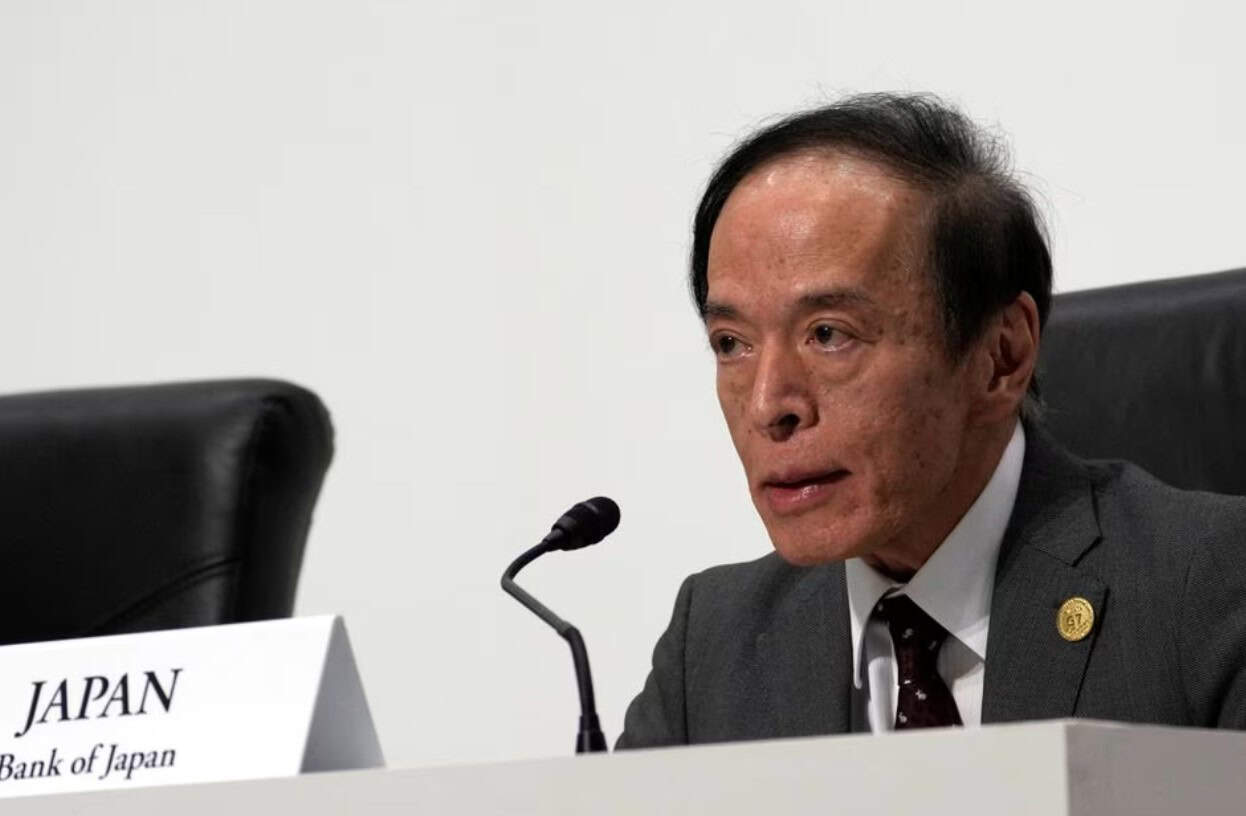MUMBAI, July 27 (Reuters Breakingviews) – Japan is in an unenviable position. After battling decades of stagnation, the world’s third-largest economy may be close to entering a virtuous circle where rising inflation lifts wages and spending. If monetary authorities declare victory too soon and tighten policy, they risk derailing a growth revival and triggering a debt crisis. But the longer the Land of the Rising Sun waits for the perfect moment to raise interest rates, the more market ructions it will face.
Japan is starting to cast off its deflationary mindset. Inflation, excluding the volatile prices of food and energy, slowed a smidge to an annual rate of 4.2% in June but has remained above the Bank of Japan’s (8301.T) 2% target for months. What’s more, small companies are starting to follow big ones in paying more to their employees. Yet the BoJ, led by Governor Kazuo Ueda, still expects prices to rise less than its goal in 2024 and 2025.
That belief is a key reason to maintain short term interest rates at minus 0.1% and stick with a seven-year-old policy of yield curve control. Under that scheme, the BoJ buys huge amounts of government bonds to cap the 10-year bond yield at around 0%, plus or minus 50 basis points. More than three quarters of economists polled by Reuters expect inaction by the BoJ on both fronts on Friday after a two-day policy review.
That’s not surprising. A premature tightening could unleash a vicious economic circle. Japan’s interest payments would balloon; gross government debt accelerated during the pandemic and stood at 261% of GDP at the end of last year, more than twice the United States’ ratio.
The finance ministry estimates that every 1 percentage point rise in interest rates would boost debt service costs in 2026 by 3.6 trillion yen ($26 billion), equivalent to 0.6% of GDP that year, according to S&P Global. That burden could more than double after expiring debt is refinanced at higher rates. And if steeper borrowing costs prove too big a drag on Japan’s frail growth, loan impairments at banks could more than offset any gains lenders reap from charging more for their loans.
Yet doing nothing will incite market volatility. In recent weeks, the yen dropped toward the levels it touched in September, when the government intervened in the market to prop up the currency for the first time since 1998, and the yield on 10-year bonds also swung around near its permitted upper limit. That could ultimately force the BoJ or the government to act. Waiting for the perfect moment to signal success in the war against deflation is going to get tougher.

